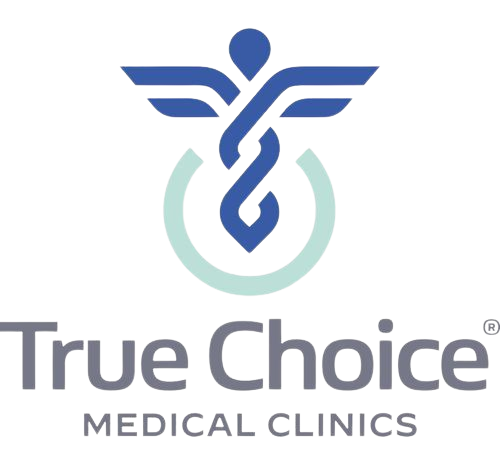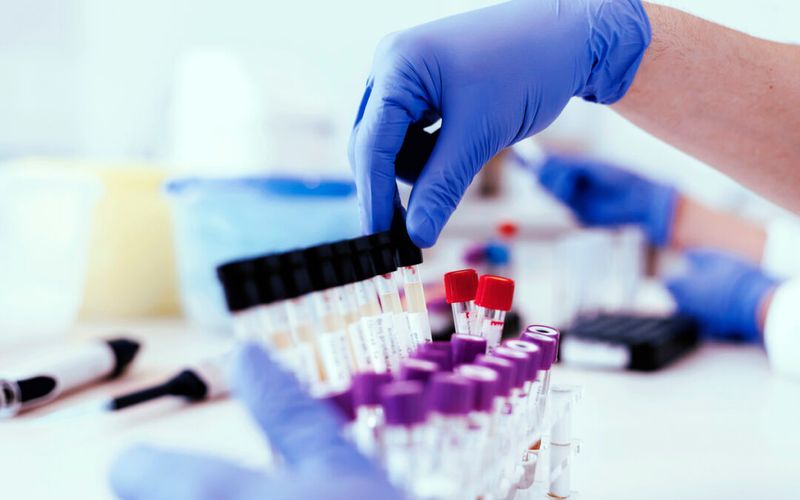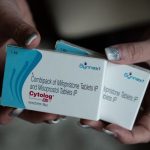New Standards of Prenatal Care
Genetic testing has become the new normal for prenatal care practices in the medical world, but is it accurate? Because it is part of the standards of prenatal care, it is important to do some research prior to going to your first prenatal appointment.
Beginning the journey to motherhood can be overwhelming in itself without having to be faced with questions that are laced with confusing language leaving the woman feeling panicked to have to make important decisions all at one without proper interpretation and counsel.
What Is Prenatal Genetic Testing?
So first, what is prenatal genetic testing and why is it necessary for a low-risk pregnancy?
Your doctor will explain to you that a noninvasive prenatal testing screen is one of the most accurate screens for genetic testing for Down Syndrome. It detects almost all babies with Down Syndrome and trisomy 18 with very few false-positive results.
The Untold Truth
Unfortunately, this is not true. The truth, according to an article from the National Council on Disability, is that numerous sources, including the Centers for Disease Control and Prevention and advocacy organizations, state that the absolute number of births of babies with Down syndrome in the United States is approximately 6,000 a year.
However, the estimate is based on the findings from a study published in 2010 which used 2004–2006 surveillance data gathered in the National Birth Defects Prevention Network, to update a study that originally used 1999–2001 findings.
This is important because, in 2007, the American College of Obstetricians and Gynecologists (ACOG) issued Practice Bulletins No. 77 and 88, which recommended that less invasive newscreening procedures for Down syndrome, involving nuchal translucency measurement and maternal serum analysis, should be offered to all pregnant women, and not only to women of “advanced maternal age” (35 years of age and older).
The question of whether the new bulletins, which guides the standard of practice of American obstetricians and gynecologists, actually led to identifiable changes in howand when women receive prenatal testing for, and information about, Downsyndrome cannot, therefore, be answered by looking at the updated study thatused 2004–2006 findings.
Concerns About Inaccurate Prenatal Genetic Testing
We can’t prove the accuracy and validity of the prenatal genetic testing if we are not even using current data, yet the American College of Obstetricians and Gynecologists(ACOG) issued Practice Bulletins No. 77 and 88, which recommended that less invasive new screening procedures for Down syndrome should be offered to all pregnant women, and not only to women of advanced maternal age.
This should raise some concern for why insurance companies and obgyns are making this mandatory for coverage and standards of care.
Furthermore, noninvasive prenatal genetic screening (NIPS) is not regulated by the US Foodand Drug Administration (FDA). The FDA conducts premarket clearance and approval procedures that examine both FDA would determine whether a NIPS accurately measures what it is supposed to, going into greater scope and depth,and whether that measurement reliably and consistently conveys the likelihood of a fetus having a specific genetic condition.
Without the FDA enforcing oversight, there is no direct scientific or statistically established causative link between genetictesting and healthy pregnancies.
This being said, it is important to have the discussion for why the prenatal genetic screenings are essential if the FDA has not approved it and is not overseeing the data presented.
How Valid Is Information Without Education?
This leads to another important question. How is the data explained to the patient for her to make a truly informed decision? Is there a genetic counselor available to help explain the results? What do the statistics actually mean? What are the benefits versus the risks? It seems that prenatal genetic testing is available, but without the support of prenatal genetic counselors.. There seems to be little time to provide in-depth counseling.
These services have become increasingly limited because the Centers for Medicare and Medicaid Services(CMS) ensure that the laboratories function properly and tests correctly measure the DNA components claimed, but they do not recognize genetic counseling as medically necessary.
Only Evidence-Based Education Yields Informed Decisions
How does more and more incomplete, fully inaccurate and consistently unpredictable fetal genetic information actually help women make informed choices? It doesn’t. We have to empower patients with the evidence-based knowledge to make truly informed decisions.
A patient should never consent to prenatalgenetic testing or any procedure where there is no real test result interpretation or education on resources to make the most informed decisions.
True Choice Provides Evidence-Based Resources
At True Choice Medical Clinics, we are here tohelp you with your questions and concerns about beginning the journey to motherhood. We have experts who provide excellent care that is evidence-based,current and accurate.
Email [email protected] or call our clinic at 858-397-1970 to speakwith our medical staff.
http://www.bazelon.org/wp-content/uploads/2019/10/NCD_Genetic_Testing_Report_508.pdf




